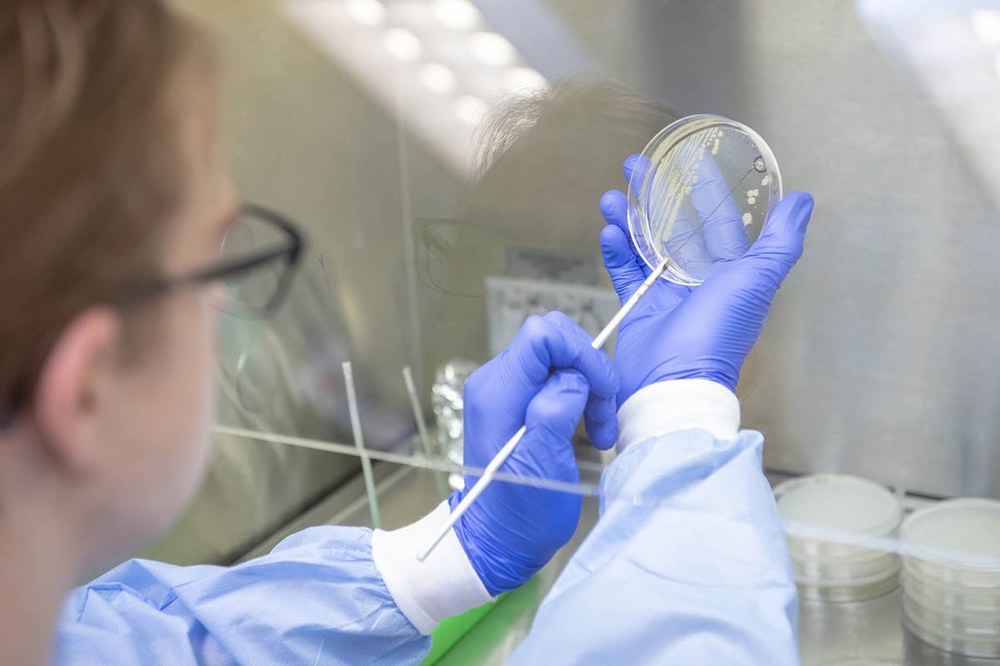This area of research investigates the genomics, systematics, and evolution of fungi, bacteria, and viruses; the interactions of these organisms with each other, their environment including important hosts; and the evolution of these interactions.

Microbial Diversity and Ecology
Impact Areas:
- Phytobiomes
- Microbial Ecology
- Epidemiology
- Translational Taxonomy
Researchers in the Department of Plant Pathology and Environmental Microbiology working in the area of Microbial Diversity and Ecology.
Cytochrome P450 proteins (CYPs) play diverse and pivotal roles in fungal metabolism and adaptation to specific ecological niches. Fungal genomes encode extremely variable “CYPomes” ranging from one to more than 300 CYPs. This database was built to facilitate the curation and functional and evolutionary studies of fungal CYPs and provides a systematic and searchable catalogue of CYP sequences encoded by 108 fungal species and five oomycete species as well as those encoded by animals and microbes in other kingdoms.
Few pathogen groups can claim the notoriety of the genus Phytophthora, which includes old nemeses like P. infestans and P. capsici that continuously threat agricultural systems, and recently emerged novel pathogens of global concern, such as P. ramorum and P. kernoviae. This online platform was developed to support accurate and rapid identification of newly isolated Phytophthora and to help characterize and catalog the diversity and evolutionary relationships within the genus.

